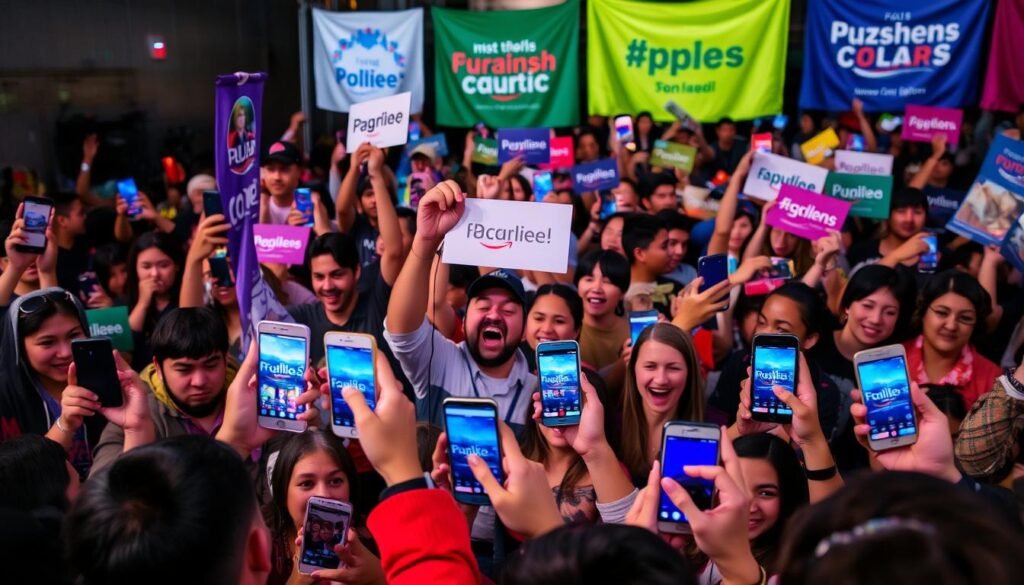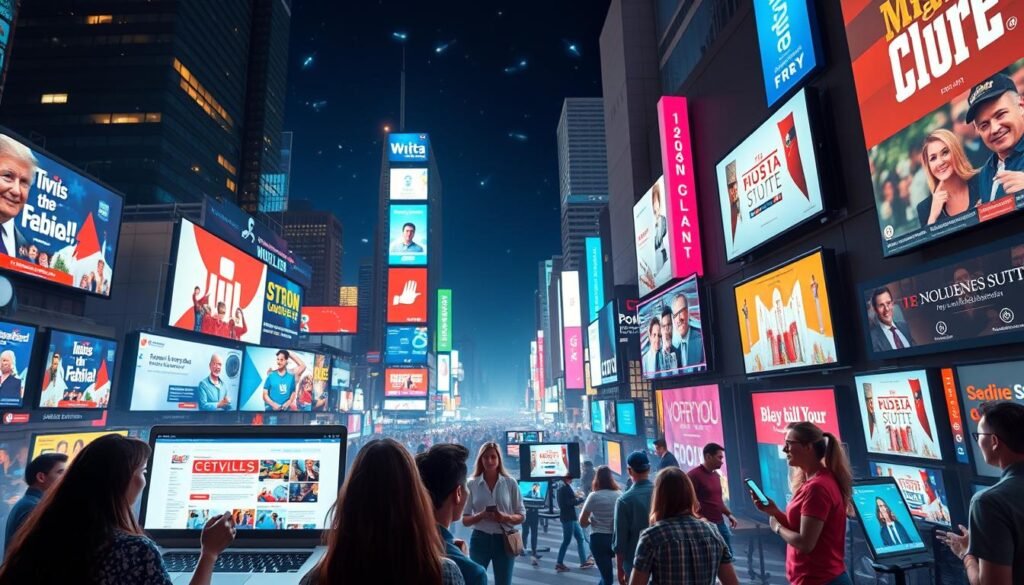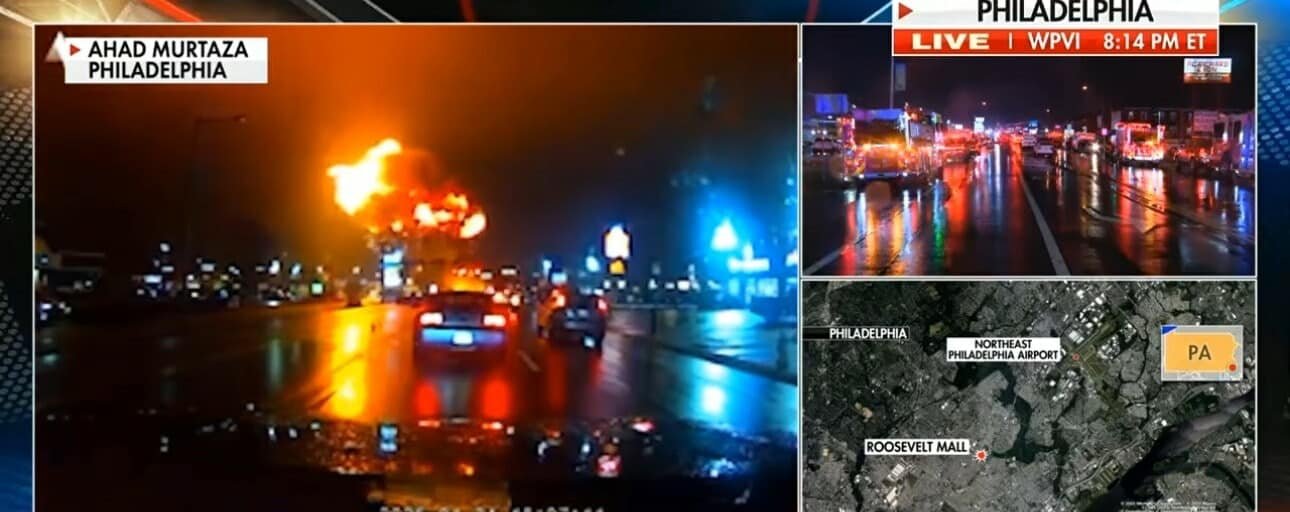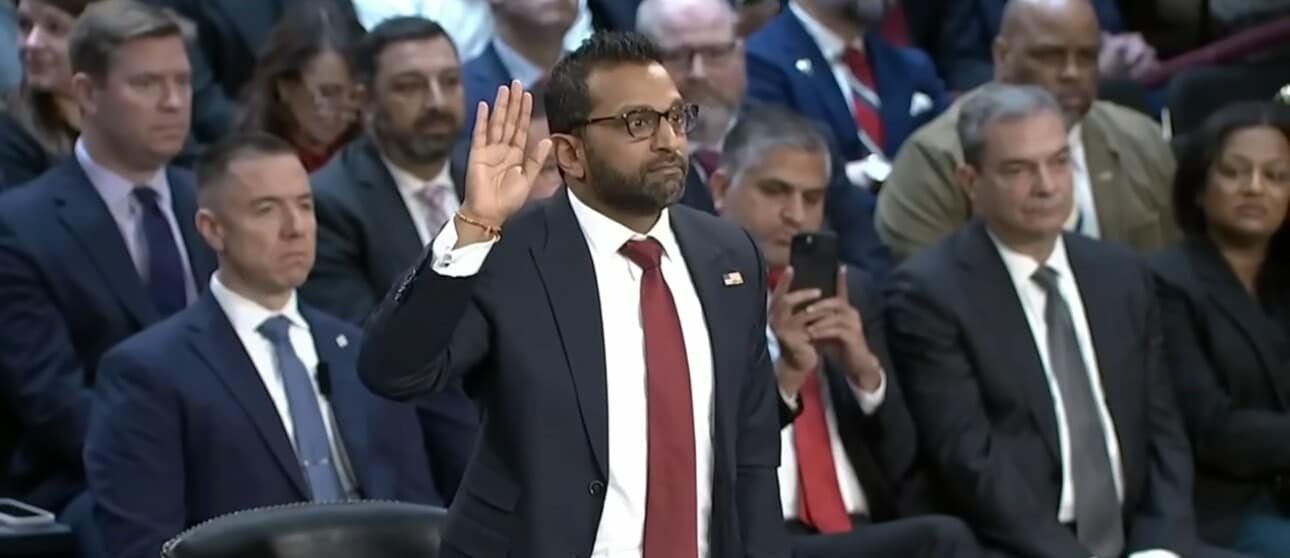How to Get Into Politics: Using Social Media to Boost Your Campaign
In the 2020 U.S. election, 54% of adults got their political news from social media. This shows how big a role social media plays in politics today. For the 2024 elections, we’ll see even more use of data, AI, and listening to what people say online. Using social media is key because it lets politicians talk directly to voters, shape opinions, and start important discussions.
Nowadays, social media is a big part of political campaigns. Sites like Facebook, Twitter, and Instagram are very important. They help politicians reach lots of people with just one post. This makes social media a must-have for any campaign.
Digital strategies have made campaigns more engaging. Social media ads have helped get more people involved and voting. Looking at past election data, surveys, and social media stats helps campaigns target their messages better. This makes social media a vital part of modern campaigns.
Key Takeaways
- Social media is a key tool for political campaigns, helping politicians connect with voters and shape opinions.
- Using social media can boost voter engagement and mobilization with targeted messages.
- Political campaigns need to use social media to be effective.
- Data, AI, and listening to what people say online will be big in the 2024 elections.
- Sites like Facebook, Twitter, and Instagram are essential for campaigns.
- Good social media use can make a campaign 20-30% more effective.
Understanding the Modern Political Landscape
The modern political scene has changed a lot with social media. Politicians can now talk directly to voters without traditional media. This change makes online political campaigning key for any campaign.
Recent numbers show US political ad spending will hit over $12 billion in 2024. Digital ads are expected to reach $3.46 billion. This shows how vital a strong online presence is for running for office tips.
Social media’s rise has boosted online political campaigning. Sites like Facebook, Twitter, and Instagram are now major for political talks. Here are some stats on social media in politics:
- 59% of X (formerly Twitter) users use the platform to keep up with politics
- 36% of TikTok users use the platform to keep up with politics
- 26% of Facebook and Instagram users use the platforms to keep up with politics
These numbers show how big social media is in politics. Politicians need a strong online presence to connect with voters.
| Platform | % of users who use the platform to keep up with politics |
|---|---|
| X (formerly Twitter) | 59% |
| TikTok | 36% |
| 26% | |
| 26% |
Building Your Political Foundation
Having a strong online presence is key for political candidate promotion. It means creating a compelling brand and connecting with voters on social media. Studies show that a clear brand identity boosts voter recall and improves how voters feel about you.
A solid social media strategy is essential for winning elections today. Candidates should use the right social media platforms to reach their audience. They should also use analytics to fine-tune their campaigns and reach more people.
- Be consistent in creating a recognizable brand image
- Use community outreach, like door-to-door canvassing
- Keep in touch with voters through emails and SMS
- Always track your campaign’s performance, like social media engagement and polls
By focusing on social media political influence and having a strong online presence, candidates can do better in today’s elections.
Creating Your Digital Campaign Strategy
Creating a clear campaign message is key in digital marketing for politics. It means finding the core values and goals of the campaign. Then, sharing them with the audience through social media for politics. This way, campaigns can grow their online presence and reach more people.
A good digital campaign strategy sets clear goals, like more website visits or social media likes. Campaigns can use social media, email, and SEO to achieve this. Studies show 86% of voters use social media for political news, making it vital for campaigns.
When making a digital campaign strategy, consider these points:
- Know your audience and make content for them
- Use social media ads to get more voters involved
- Track how well your campaign is doing with analytics
By using digital marketing and social media in politics, campaigns can better connect with their audience. This leads to success in the campaign.
How to Get Into Politics: Using Social Media to Boost Your Campaign Effectively
Using social media is key in today’s political campaigns. It helps candidates reach more people by making engaging content. They can also work with influencers and run ads to get noticed.
Studies show that targeted ads on social media can boost voter interest by up to 75%. This is true when ads are made for specific groups and local issues. Also, getting support from local leaders can make a candidate seem more credible, by up to 40%.
Here are some ways to make the most of social media for your campaign:
- Make content that speaks to local voters
- Use influencers to expand your reach
- Run ads that target specific groups
By using these tactics, you can improve your campaign’s online presence. This can help you win more votes. Always keep an eye on how your efforts are doing and change your plan if needed.
Platform-Specific Strategies for Political Success
Each social media platform has its own special features and followers. To win, it’s key to make strategies that fit each platform’s unique needs. For example, Facebook is great for targeted ads, while Twitter is perfect for quick chats.
A smart political social media marketing plan can really help a candidate shine online. By using each platform’s strengths, politicians can reach more people, talk to their followers, and move their campaign forward.
- More than 70% of young voters check out political stuff on social media.
- About 65% of political teams use data tools to see how they’re doing and what people like.
- Instagram’s visual stories lead to a 45% higher engagement rate than other platforms.
Knowing these facts and making a plan for each platform can really boost a politician’s online game. This way, they can get the most out of political social media marketing and succeed.
Content Creation and Management for Political Campaigns
Effective online political campaigning needs a solid content plan. This includes making engaging content, managing your online image, and using social media data to connect with people.
A winning political candidate promotion campaign must be strong online. It should have a website and social media that share updates, news, and the candidate’s platform.
Key points for content and management are:
- Make a content calendar for regular posts and interaction
- Use social media analytics to see how you’re doing and change your plan
- Create interesting content like videos, images, and blog posts to keep supporters interested
With a good content strategy, political campaigns can boost their online presence. They can also engage with supporters and achieve success in their online political campaigning efforts.
Recent studies show over 70% of voters check social media to learn about candidates and issues. So, political candidate promotion on social media is key for any campaign.
| Platform | Percentage of Voters |
|---|---|
| 60% | |
| 40% | |
| 30% |
Building and Engaging Your Political Community Online
Building a political community online is key for any campaign. It lets candidates talk directly to voters and grow their supporter base. Social media and digital marketing are vital tools for this, helping candidates share their message and reach out to people.
Candidates should make engaging content and stay active on social media. This means posting often, answering comments, and using hashtags to get noticed. Keeping a consistent brand across all platforms is also important. It makes the campaign easy to recognize and remember.
Here are some ways to build and engage a political community online:
- Make a social media calendar to plan posts ahead of time
- Use filters to make posts more visible and engaging
- Connect with young voters on platforms like Instagram and TikTok
- Host Q&A sessions or live events to talk to voters and answer their questions
By using these strategies and social media’s power, campaigns can create a strong online community. Digital marketing is a powerful tool that can greatly help a campaign succeed.
Campaign Analytics and Performance Tracking
To boost your campaign on social media, it’s important to watch key metrics closely. This means tracking how people engage with your content. Look at how many people click on your ads and how many take action.
Studies show that social media ads can really help your campaign reach more people. They can target specific groups based on what they like and do online. Also, using content from your followers can make your campaign more engaging. In fact, 79% of people prefer content made by others over what brands create.
Key Metrics to Monitor
- Engagement rates: likes, comments, shares, and reactions
- Click-through rates: the number of users who click on your ads or links
- Conversion rates: the number of users who complete a desired action, such as signing up for a newsletter or making a donation
By keeping an eye on these metrics, you can tweak your campaign to do better. Using tools for social media analysis can help you make smart choices. This way, you can improve your campaign’s chances of success.
Tools for Social Media Analysis
There are many tools out there to help you understand your social media performance. These tools give you insights into what your audience likes. They can also show you where you can make your campaign even better.
Compliance and Ethics in Digital Political Marketing
Digital marketing in politics is growing fast. It’s important to keep things transparent and trustworthy. With 85% of voters wanting to see more transparency, campaigns must focus on ethics and following rules.
This means sticking to social media rules and being open about ads. These steps are vital for using social media well in politics.
Here are some key points for staying ethical in digital marketing:
- Clear lawful grounds for data processing, such as consent or legitimate interest
- Transparency about data practices to build trust with voters
- Stringent data security measures to prevent incidents and protect sensitive information
By focusing on ethics, campaigns can keep a good image and earn voter trust. As digital marketing grows, campaigns need to keep up with new rules and best practices. This includes using social media to connect with voters and share their message.
Conclusion: Transforming Social Media Success into Political Victory
As the digital world changes politics, using social media well is key. Candidates can make a big impact by creating interesting content and working with influencers. They can also use ads to reach more people and get more votes.
Studies show social media’s big role in politics. One in five U.S. adults get their news from social media. Sites like Facebook and Twitter shape opinions and drive discussions. Candidates who use these tools can spread their message, gain followers, and win elections.
The digital world is changing politics fast. Candidates who know how to use social media will stand out. By using social media to boost your campaign and political campaign strategies, they can turn their online presence into a strong political tool. This can lead to a big win at the polls.
FAQ
How can social media be used to boost a political campaign?
What are the key platforms for political engagement on social media?
Why is building a strong political foundation important for any aspiring politician?
What are the key components of a digital campaign strategy for a political campaign?
How can social media be used to boost a political campaign effectively?
What are the platform-specific strategies for political success on social media?
Why is content creation and management important for political campaigns?
How can politicians build and engage a political community online?
What are the key metrics and tools for campaign analytics and performance tracking?
What are the compliance and ethical considerations in digital political marketing?
Source Links
- Boost Your Political Advertising with 8 Proven Digital Ad Strategies – Propellant Media
- Winning Strategies for Social Media and Elections in 2025
- 3 Political Campaign Marketing Tactics to Inspire Nonprofits | Nonprofits Source
- A closer look at modern digital political advertising | illumin
- How Americans Navigate Politics on TikTok, X, Facebook and Instagram
- Top 10 Steps to Win Any Election: A Marketing Blueprint for City, State, or National Campaigns
- Top Political Campaign Marketing Strategies To Reach Voters
- Political Marketing: How to Digitally Market Your Campaign
- Political Social Media Marketing: The Ultimate Guide for Campaign Success
- Benefits of Leveraging Local Audiences in Political Campaigning
- Social media
- Political Advertising: A Guide to Campaign Messaging Success
- Political campaigning | Emerging Technology Policy Careers
- Political Marketing: How to Reach Each Generation of Voters – Deep Sync
- Political Campaign Management Basics: What It Takes to Win – NGP VAN
- Political campaign advertising: How to create effective ads – NGP VAN
- How Do You Craft an Effective Social Media Strategy for Political Campaigns?
- Using Social Media for Political Campaigns
- No title found
- No title found
- Social Media Campaign 101: A Complete Guide | Sprinklr
- Campaigning with Purpose: How Political Marketing Drives Electoral Triumph
- Data protection in political campaigns
- Social media use in politics
- Analyzing the Impact of Social Media Engagement on Political Campaigns
























